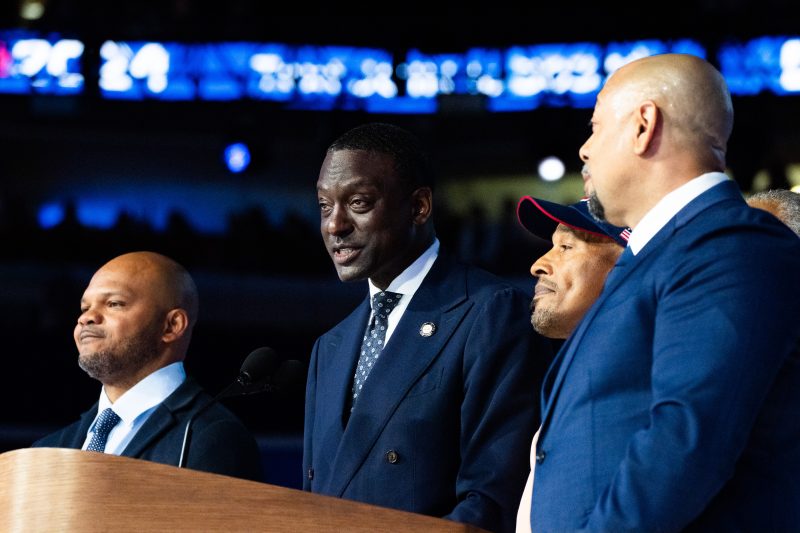
Central Park Five Cleared of Wrongful Conviction Take Legal Action Against Trump for Defamation
The Central Park Five: Pursuit of Justice for the Wrongfully Convicted
The Central Park Five case is a dark chapter in American history that illustrates the systemic issues of racial injustice, wrongful convictions, and the impact of media sensationalism. The story of five young Black and Latino men wrongfully convicted of an assault and rape in Central Park in 1989, only to be exonerated years later, highlights the need for reform in the criminal justice system.
The case of the Central Park Five began on the night of April 19, 1989, when a young woman was brutally attacked while jogging in Central Park. The ensuing police investigation led to the arrest and conviction of five teenagers, Antron McCray, Kevin Richardson, Yusef Salaam, Raymond Santana, and Korey Wise, who were falsely accused of the crime. Despite the lack of physical evidence linking them to the assault, the young men were coerced into giving false confessions, which ultimately led to their wrongful convictions.
The media frenzy surrounding the case, fueled by racist stereotypes and inflammatory coverage, further stigmatized the teenagers as a wolf pack and wilding gang members. The public outrage and pressure for swift justice only exacerbated the rush to judgment and denied the young men fair trials.
It was not until 2002 that the truth came to light when serial rapist Matias Reyes confessed to the Central Park assault and DNA evidence confirmed his guilt. The convictions of the Central Park Five were vacated, and they were exonerated after spending years in prison for a crime they did not commit.
The exonerations of the Central Park Five shed light on the systemic failures and injustices that plague the criminal justice system. The case exposed the fallibility of confessions obtained through coercion and highlighted the racial biases and prejudices that can influence investigations and trials. The impact of media sensationalism and public pressure on the pursuit of justice was also brought into question, raising concerns about the need for balanced and unbiased reporting in high-profile cases.
In the aftermath of their exoneration, the Central Park Five have become advocates for criminal justice reform and have shared their stories to raise awareness about wrongful convictions and the need for accountability in the legal system. Their resilience and determination to seek justice and rebuild their lives serve as a powerful reminder of the human cost of wrongful convictions and the importance of fighting for truth and justice.
As we reflect on the case of the Central Park Five, we are reminded of the ongoing struggle for justice and the need to address the root causes of systemic injustices in our society. The pursuit of justice for the wrongfully convicted is a collective responsibility that requires us to confront our biases, challenge inequality, and work towards a more equitable and fair criminal justice system for all.
In conclusion, the story of the Central Park Five serves as a cautionary tale that reveals the injustices that can occur when prejudice, rush to judgment, and media sensationalism overshadow the pursuit of truth and justice. Their exoneration is a testament to the resilience of the human spirit and a call to action to reform a broken system that has failed so many. The quest for justice for the wrongfully convicted continues, as we strive to ensure that the mistakes of the past are not repeated and that accountability and fairness prevail in our pursuit of truth and justice.
